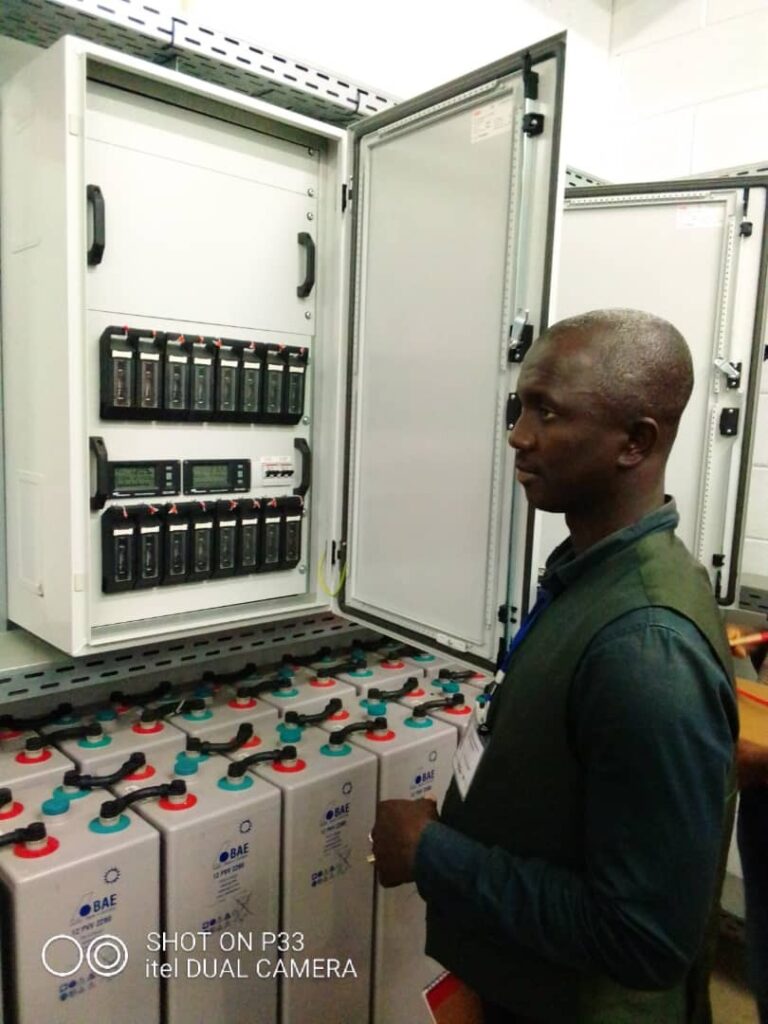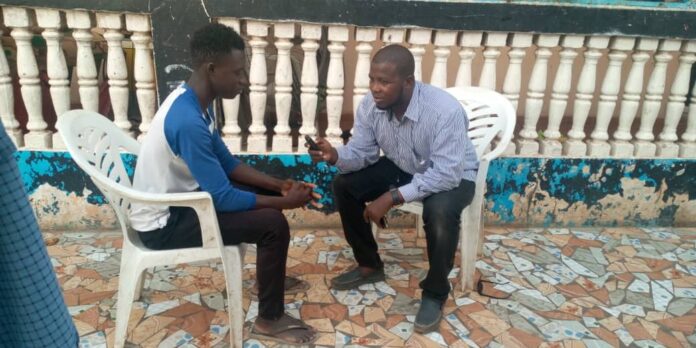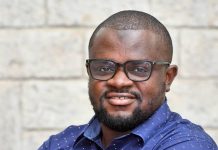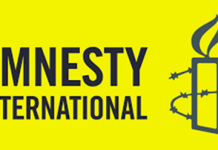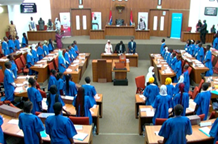BY MUHAMMED S. BAH (MS)
During the impasse, in the face of looming threat of an ECOWAS military intervention to dislodge former dictator Yahya Jammeh who refused to stepdown after losing the 1st December 2016 presidential election to the opposition, more than 50,000 people were forced to flee The Gambia.
Madou Ceesay, who finished high school that year, joined the exodus but took a more dangerous route to Libya with the aim of reaching Europe.
He was just 19. But his search of a safer and better place to live was not motivated by the ensuing political crisis. Like many young people of his age, Madou’s attempt at reaching Europe via the ‘back way’ (irregular routes) was motivated by economic reasons.
“I have seen many of my friends who left through the ‘back way’ at the time were sending photos and telling me that they are in Europe,” he said.
He experienced first-hand the torments of three Libyan prisons. He spent a year in the North African country where he faced harsh conditions in jail and discrimination, such as beatings, hunger and discrimination. “In these prisons, if you do anything they feel unhappy about, they flog you,” he said.
“I came back with nothing, and this made me psychologically distressed initially,” he said of his experience. “Thank God that my family was there to help me, within a month I was able to recover and focus on bettering my life.”
Over the past few years, the pursuit for socioeconomic advancement especially among the youth has driven many to undertake irregular migration routes with the aim of reaching Europe.
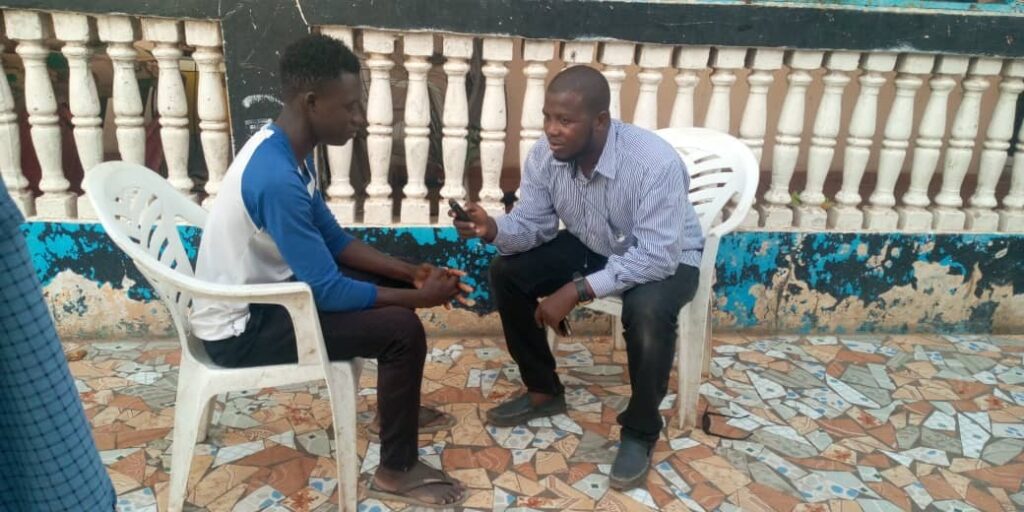
About 40,000 Gambians made illegal border crossings into Europe via the Central Mediterranean route between 2009 and 2021, according to the EU border and coast guard agency, Frontex.
Many of these Gambians, along with other West Africans have opted for voluntary return, according to the International Organisation for Migration (IOM).
Madou’s uncle who lives and works in Spain sent about D30,000 (about $800 at the time) for him to further his education at the Management Development Institute (MDI).
But he had other plans. “When I was given this money to pay for my tuition, I decided to use it to go through the back way,” he said.
In the company of one of his cousins, Madou travelled through Senegal, Mali, Niger and then to Libya. He was stranded along the way and eventually called home to ask for money from his family. “The Journey wasn’t easy at all,” he said.
His cousin, Modou Lamin Fadera, said the family was worried when they didn’t see him for some days, only to receive a call from him demanding money to proceed on his journey. “The family was worried because Madou was young, and we know that the journey wasn’t easy at all,” he said.
Madou’s dream of reaching Europe was brought to a halt when the Libyan coast guard intercepted their boat in the Mediterranean Sea. “We were intercepted by the Libyan authorities and later taken to three different places where we were detained in very harsh conditions,” he said.
“While we were in Libya, we went through a lot of discrimination and mental torture, and sometimes, beaten. We used to take our bath and access toilets at opened places. There was a time, we did not have proper baths,” he said.
The return
Madou secured his freedom from a Libyan jail and returned to The Gambia in 2018 with the support of the International Organisation for Migration’s voluntary assisted return and reintegration programme (AVRR), through the EU-IOM Joint Initiative for Migrant Protection and Reintegration.
“I understand that sometimes life is better outside but there is no place like home,” he said of his decision to return. Madou and other returnees were told by the Gambian consular in Libya that there was a future for them back home.
Upon arrival in Banjul, he and other returnees received roughly D2,500 each to cover the cost of transportation back to their families.”
IOM’s AVRR programme provides a dignified return and foster the sustainable reintegration of migrants who are unable or unwilling to remain in host countries and wish to return voluntarily to their countries, according to the UN migration agency.
He benefitted from IOM’s reintegration assistance in the form of a scholarship. Initially, he thought of doing business, however, he had no knowledge and training on running a successful business. “So, I decided to go in for skills training,” he said.
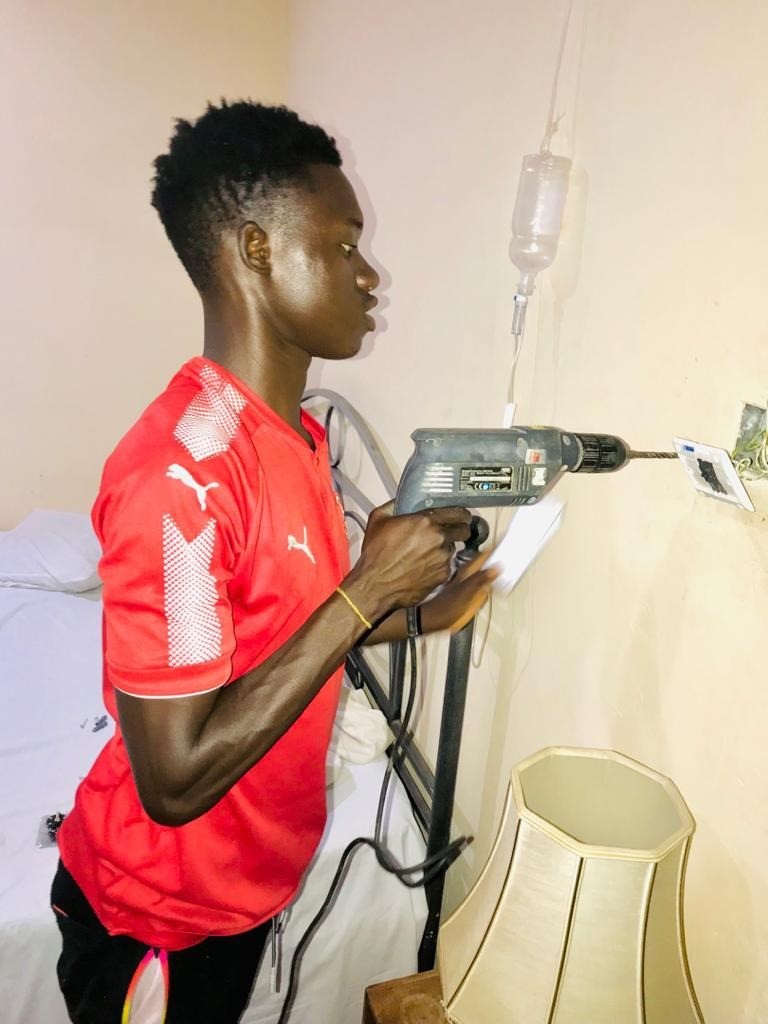
The Turning Point
Madou’s family was happy he returned safely, but he was worried.
“I came at night, but it felt shameful because I couldn’t succeed even after squandering monies that were sent to me by my family,” he said.
He is from an extended family and lives in Kunkujang Keitaya – 19.4 kilometres from the capital, Banjul. His parents live more than 200 kilometres from Banjul, in the Central River Region and like the majority of rural Gambians, they too struggle to make ends meet.
Madou wanted to recover fast from what he lost during his journey, so he enrolled at the Gambia Technical Training Institute (GTTI) to study Electrical Engineering with the support of IOM’s reintegration programme.
He wanted to start at a higher level and finish his studies early so that he can start earning to help his family, but his lecturer advised him to learn the basics first, because that will help him have a better idea about electrical engineering. “I accepted and get enrolled,” he said.
He is now pursuing his third-level course to becoming a professional electrical engineer.

Madou’s family is proud of him.
“Madou was not distracted by the hardship he went through during his stay in Libya, but rather decided to stay focused and be more productive in our family and society,” Madou’s cousin, Fadera, said.
“He is now helping our community; anyone who has electric issues would contact him. And he is also helping himself through his earnings from the electrical engineering and is contributing to the family.”
When Madou is not in school, he takes minor electrical jobs in his community or engage young people to learn the electrical trade. Even before finishing school, He is now given contracts of electrical installation of up to D10,000 (about $200) because of the quality of his work.
“I use the monies I get from my contracts to feed myself, pay fares to and from school, and contribute to the family,” he said.
With the IOM support ending at the third level of his studies, Madou said he wants more support to continue to the fourth level.
Doing well in school
Madou is a determined student and he does well in school, according to his lecturer.
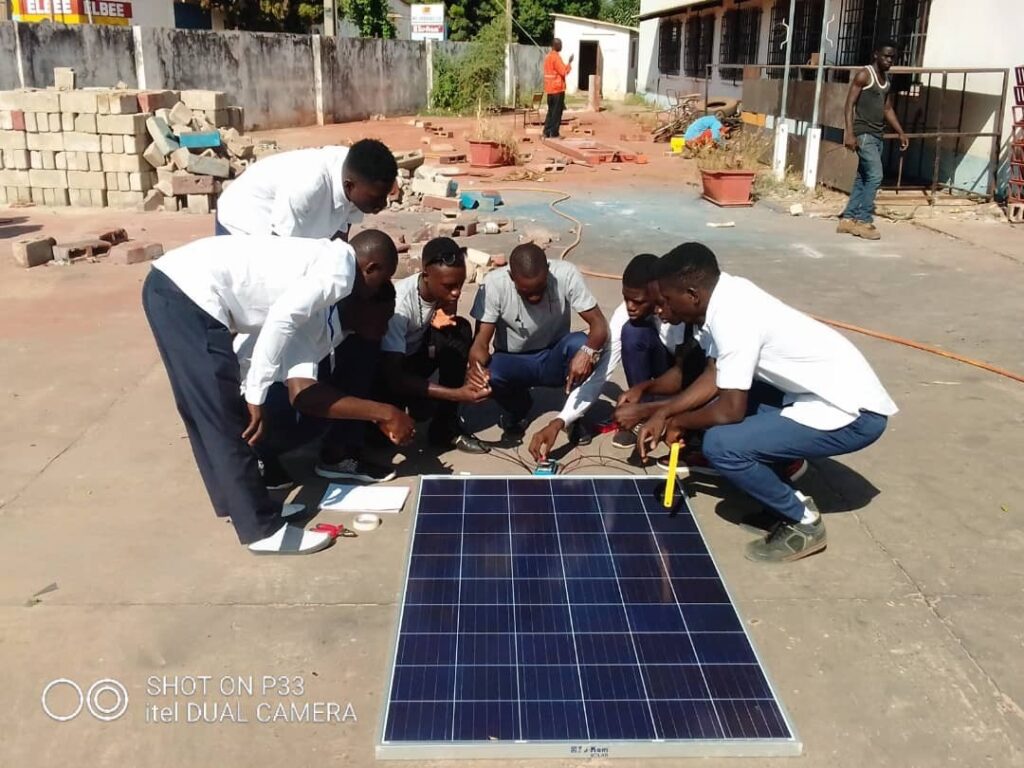
Lamin J. Ceesay, the head of the electrical and electronics department at GTTI, said he has no doubt in young Madou’s competence.
“Madou is always willing to know more, he always comes to us [his lecturers] to ask a lot of questions just to make sure he better understands the issues,” he said.
He has been punctual and dedicated to his education, even at the peak of the COVID-19 pandemic in The Gambia when many students don’t come to school, Madou was always around.
“One day, I was tasked by the Ministry of Basic and Secondary Education Regional Office in Kanifing to fix some electrical problem, when I saw Madou, I told him to help me to solve the problem, and he did just what was needed of him,” Mr. Ceesay said.
He encouraged Madou’s sponsors to continue supporting his electrical engineering education. “Sponsoring him is not a waste,” the lecturer said.
